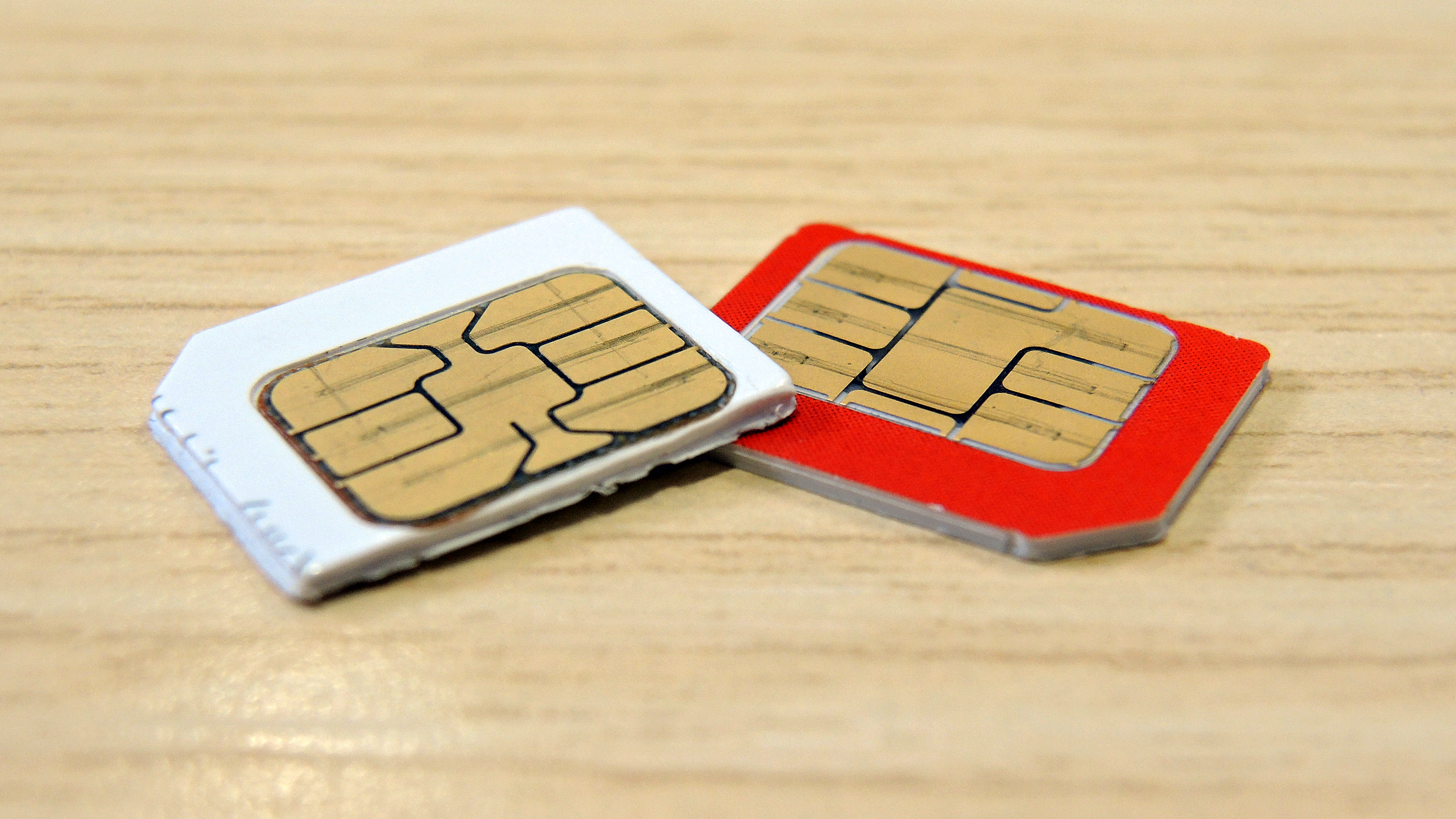There wasn't a 'massive' theft of SIM data, but 2G users may have been affected
Gemalto downplays hack, but says there was probably an attack

We recently reported that Gemalto, the world's largest SIM card maker, may have been the target of a hacking operation by spy agencies. The result was that billions people's calls, texts and emails could have potentially been monitored.
Today, Gemalto has come out and said that a 'massive' intrusion did not take place, but that an operation of a smaller scale by NSA and GCHQ "probably happened".
According to Gemalto, this attempt to intercept only breached the office networks and "could not have resulted in a massive theft of SIM encryption keys".
The company added that intelligence services would only have been able to spy on 2G networks as "3G and 4G networks are not vulnerable to this type of attack."
Hacked off
In 2010 Gemalto noticed "suspicious activity" from a third party that was trying to spy on its office network, however the company says it took immediate action to counter this.
According to Gemalto, it had deployed a "secure transfer system" at that time which meant even spying on 2G networks would have been very difficult, and 3G and 4G networks impossible.
"Gemalto will continue to monitor its networks and improve its processes," the company added. "We do not plan to communicate further on this matter unless a significant development occurs."
Get daily insight, inspiration and deals in your inbox
Sign up for breaking news, reviews, opinion, top tech deals, and more.
Hugh Langley is the ex-News Editor of TechRadar. He had written for many magazines and websites including Business Insider, The Telegraph, IGN, Gizmodo, Entrepreneur Magazine, WIRED (UK), TrustedReviews, Business Insider Australia, Business Insider India, Business Insider Singapore, Wareable, The Ambient and more.
Hugh is now a correspondent at Business Insider covering Google and Alphabet, and has the unfortunate distinction of accidentally linking the TechRadar homepage to a rival publication.
